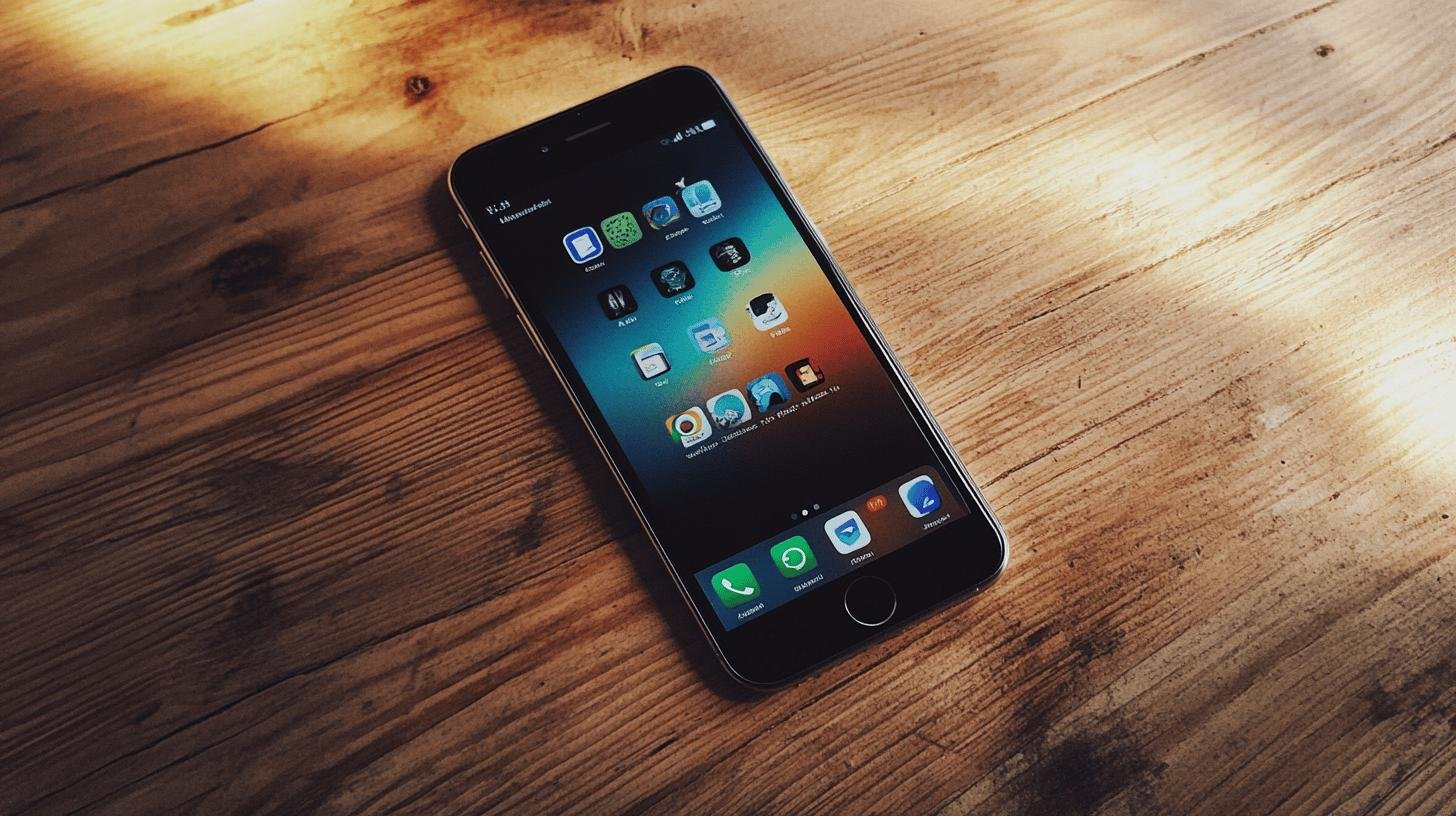TL;DR:
- Hashtags organize content and enhance discoverability on social media.
- Originated in 2007 on Twitter by Chris Messina; became official in 2009.
- Benefits of hashtags include: improved engagement, content discovery, enhanced visibility, participation in conversations, and community building.
- Best practices: keep it relevant, research trends, mix broad/niche hashtags, avoid overload, stay concise, and analyze performance.
- Platform strategies:
- Twitter: Links tweets to global discussions.
- Instagram: Up to 30 hashtags for content visibility.
- LinkedIn: Enhances networking and discoverability.
- Facebook: Subtle categorization for content.
- Metrics to measure performance: reach, engagement, impressions, and follower growth.
Ever wonder why everyone’s throwing around those little # symbols on social media? 🌐 It's not just a trendy thing to do! Hashtags are like digital magic wands that organize and categorize your posts, making them pop up in broader online conversations. They’ve been around since Twitter in 2007 and have morphed into powerful tools for boosting visibility and engagement. In this blog, we’ll explore how hashtags work their magic in making your content more discoverable and why they're a total must-have in your social media strategy! 🎯
The Role of Hashtags in Social Media
Why do we use hashtags on social media? They're like magic labels for posts, organizing content so people can easily find what they like. Visualize a huge filing cabinet where each hashtag is a folder. Adding a hashtag places your post in one of these folders, making it easy for folks to discover new content about things they care about. It could be anything from #CatsDoingFunnyThings to #SocialMediaMarketing.
Hashtags have become a crucial tool in social media marketing. They debuted on Twitter in 2007, thanks to Chris Messina's innovative idea. Initially, Twitter was hesitant about it. But by 2009, hashtags became official. Now, they're everywhere! Businesses use them to boost visibility and participate in trending talks. It's like having a pass to the biggest online events. Hashtags help brands engage with their audience, making them essential in any social media strategy.
Some key benefits of using hashtags include:
- Improved Engagement: More retweets, shares, and comments.
- Content Discovery: Easily find posts on specific topics.
- Enhanced Brand Visibility: Reach a wider audience.
- Participate in Conversations: Join trending topics.
- Community Building: Connect with like-minded users.
How Hashtags Increase Engagement and Reach

Ever wonder how hashtags make a buzz? They're the glue that holds online chats together. When you use them, your posts join larger discussions happening on social media. This increases the chance of people seeing, liking, and sharing your content, even if they're not following you. Imagine hashtags as party invites for your posts, linking them to popular topics or events. This ensures they're noticed, boosting engagement.
Take Esurance's #esurancesave30 campaign, for example. Their hashtag went viral, used 1.4 million times in just an hour! 🚀 They gained 40,000 new followers in minutes, and 250,000 more in the following days. The hashtag didn't just draw a crowd; it sparked curiosity and created buzz. It's proof that the right hashtag can elevate a simple campaign into a trending topic.
Want your hashtags to work wonders? Follow these tips. Mix popular and niche hashtags. Popular ones connect you to big conversations, while niche ones make you stand out. Keep an eye on trends to catch them at the right time. Also, keep it simple and relevant—avoid creating a hashtag jungle. 🌿 Start hashtagging like a pro!
Best Practices for Effective Hashtag Use
Want to maximize your hashtag use? Start with research. Check trending or popular hashtags to see which will draw attention to your posts. Think of it as fishing—you need the best bait to catch the most fish. 🎣 Popular hashtags engage you in big conversations, while relevant ones connect with the right audience. Avoid irrelevant hashtags—like using #TacoTuesday for tech gadgets!
Balance broad and niche hashtags. Broad ones are like a crowded party; they get attention but can get lost. Niche ones are like small gatherings, where everyone's interested in your message. Use both to maximize reach, but don't overdo it—too many hashtags can clutter your post.
Best practices for hashtag use:
- Keep It Relevant: Fit hashtags to your content.
- Research Before You Post: Check trending and popular hashtags.
- Mix It Up: Use both broad and niche hashtags.
- Don't Overdo It: Avoid hashtag overload.
- Stay Concise: Short hashtags are easier to read.
- Analyze Performance: Track which hashtags get the most engagement.
Platform-Specific Hashtag Strategies

Hashtags are like social media's Swiss Army knives—each platform uses them uniquely. On Twitter, they boost visibility by linking tweets to global talks. Instagram uses them for content discovery, allowing up to 30 per post. LinkedIn makes content more discoverable, great for networking. Facebook uses them subtly, more for categorizing content.
Twitter is the original home of hashtags. 🐦 Introduced in 2007 by Chris Messina, they became official in 2009. On Twitter, hashtags aren't just fun add-ons; they're engagement powerhouses. They connect tweets to global discussions, making it easier for people to find and interact with your content. Want more engagement? A well-selected hashtag can amplify your tweet's reach.
On Instagram, hashtags are vital for content discovery. 📸 With up to 30 hashtags per post, there's a big chance to get noticed. Without a repost feature, hashtags play a key role in reaching new audiences. They organize photos into collections, making it easy for users to find content they love—from #InstaFood to #TravelGoals. Perfecting your hashtag game here is crucial to gain followers and likes.
LinkedIn embraced hashtags in 2018, a bit late to the party. On this professional platform, hashtags make content discoverable. 🤝 They're clickable, leading users to lists of posts with the same hashtag. This is ideal for networking and finding industry-specific information.
Facebook's hashtag use is subtler. 🕵️♂️ Though not as dominant as on other platforms, hashtags still enhance visibility. When used wisely, they help categorize content for easy discovery. Just don’t overuse them; Facebook users prefer fewer hashtags.
| Platform | Hashtag Strategy |
|———–|——————————————————————————–|
| Twitter | Boosts engagement by linking tweets to global discussions |
| Instagram | Aids content discovery with up to 30 hashtags per post |
| LinkedIn | Enhances networking by making content more discoverable |
| Facebook | Uses subtly for categorizing content and improving visibility |
Measuring Hashtag Performance and Impact
Curious if your hashtags are effective? 🎯 Use hashtag analytics to see their impact. These insights act as a report card, showing which hashtags shine and which flop. By analyzing performance, you can tweak your strategy for better results. It's not just about likes; it's about understanding the ripple effect each hashtag causes.
Tools for measuring hashtags include platform insights on Instagram and Twitter, tracking engagement, impressions, and reach. Additionally, tools like Hootsuite or Sprout Social offer deeper analytics and performance charts. These insights guide your hashtag strategy—deciding which to keep, retire, or add.
Key metrics to monitor:
- Reach: How many people saw your hashtagged post.
- Engagement: Likes, comments, and shares your post received.
- Impressions: The total number of times your post was viewed.
- Follower Growth: How many new followers were gained from hashtagged content.
Final Words
Harnessing the power of hashtags, we organized content and engaged wider audiences. We explored how these symbols became essential in boosting brand visibility and driving social media strategy.
But why do we use hashtags in social media? It's all about maximizing reach and interaction. From killer campaigns to choosing the perfect tags, every nugget counts. Each platform, whether Twitter, Instagram, or LinkedIn, brings something unique to the table.
By analyzing performance, you can fine-tune your approach. So, ready to hashtag your way to social media success? 🎉
FAQ
Why use hashtags on Instagram?
Hashtags on Instagram help categorize posts, boosting their visibility to a broader audience. They can enhance engagement and increase followers by connecting users to trending topics and relevant content.
What is a hashtag and how do you use it?
A hashtag is a word or phrase following the # symbol. It's used to categorize content on social media, allowing users to find and join conversations on similar topics.
What is hashtag in social media?
In social media, a hashtag is a tool for organizing posts and finding related content easily. It connects your post to broader conversations and makes it discoverable to a wider audience.
What is a hashtag used for?
A hashtag organizes and categorizes content on social media platforms. It increases a post’s discoverability, encourages engagement, and connects people to broader conversations.
How to use hashtags on Facebook?
To use hashtags on Facebook, incorporate them into your posts to categorize your content and connect with bigger conversations. Keep them relevant to boost interaction and discoverability.
What does hashtag mean when texting?
In texting, a hashtag helps express a specific theme, topic, or emotion succinctly. It often adds humor or emphasis, like #ThrowbackThursday or #EpicFail.
What is the purpose of using a hashtag?
The primary purpose of a hashtag is to make your content searchable and join larger discussions, boosting engagement and visibility across various social platforms.
What is the 3 hashtag rule?
The 3 hashtag rule suggests using three relevant hashtags to keep posts tidy and improve engagement. It avoids cluttering while maximizing reach and discoverability.
Are hashtags still important in social media?
Yes, hashtags remain crucial in social media. They help organize content, enhance post visibility, and connect users to trending discussions, thus boosting engagement and reach.
Are hashtags really important?
Indeed, hashtags are important. They increase content's visibility, enhance user engagement, and connect posts to broader conversations, making them vital for effective social media strategy.




